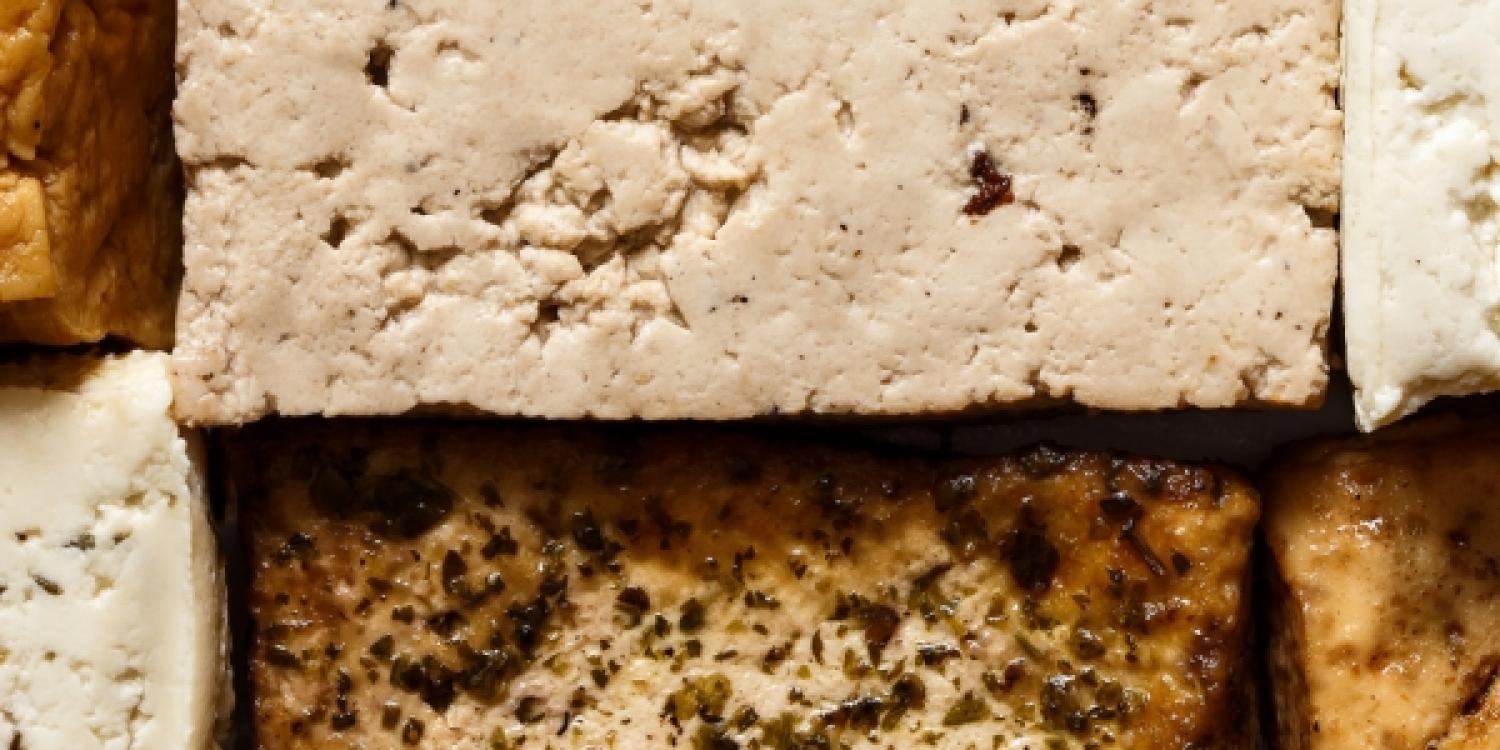Successful material audit in tofu-making factory

Information
Keep an open mind!
- External experts can see what needs doing from the outside-in
- Material audit halves biowaste production, identifies packaging and waste-saving options, and drives revenue up
Oy Soya Ab’s tofu production plant is situated in Tammisaari, southern Finland. Soya’s business is to provide consumers with pure and healthy food made from the best vegetable-based ingredients through natural production processes. The company focuses mainly on nearby markets like the Nordic countries, Baltic region as well as the city of Saint Petersburg in Russia.
A material audit based on Motiva’s model was carried out at the plant, concentrating on tofu production. The essential challenges were to analyse the costs and material flows of the production process, and to find concrete savings. The insights gained from the exercise proved so valuable to Soya that it recommends material audits for other small and medium sized businesses.
Companies wishing to carry out such audits should gather detailed data on their processes, and keep an open mind about the outcomes. Auditing by an outside expert is proactive and systematic, and can save a company time and effort trying to do it all internally.
Key benefits
- The material audit drew attention to the proper training of staff and clarification of responsibilities
- The audit resulted in production residues being halved
- Options to reprocess production residues were surveyed and compared in order to find the most cost-effective solution (this also reduced waste fees)
- Overpacking issues were resolved (more exact weighing and new packing machine)
- Principle of continuous improvement introduced as part of daily product quality controls
- Pricing calculations were updated (audit helped to define the cost per kilo)
- Reduced packaging of raw material deliveries
- Electricity consumption increased by 5 % but net revenues increased 30 % (relative energy efficiency improved)
Motiva's material audit model, https://www.motiva.fi/en/private_sector/energy_and_material_audits
Motiva. Oy Soya Ab case study (in Finnish) https://www.motiva.fi/files/12332/Motiva-materiaalikatselmus_Oy_Soya_Ab.pdf